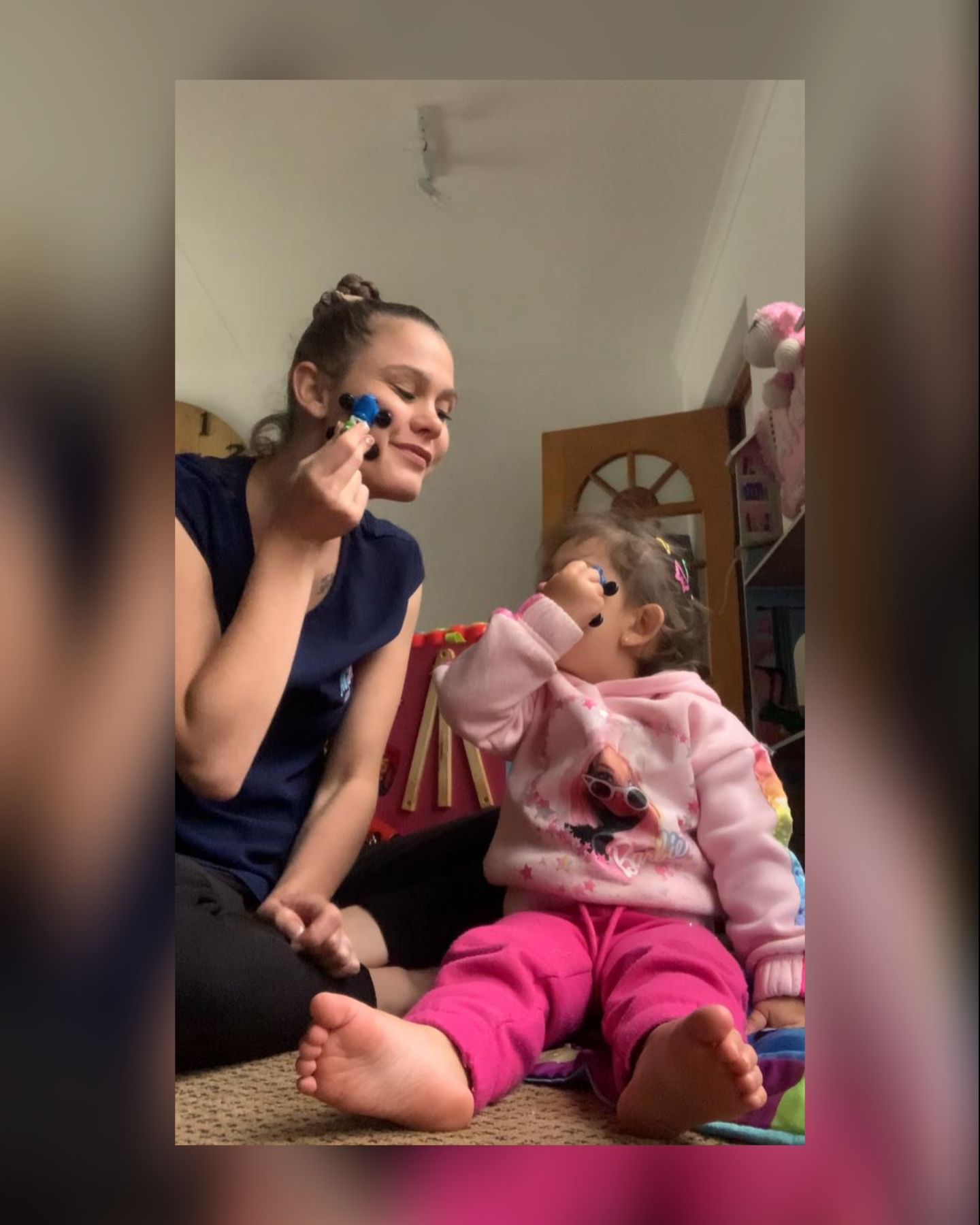Why Children Imitate Their Parents and How You Can Set a Good Example
As parents, we often find ourselves giving instructions to our children: “Eat your vegetables,” “Pick up your toys,” or “Be kind to others.” But sometimes, no matter how many times we say it, our children don’t seem to listen. Instead, they might mimic our actions, repeat our words, and even mirror our emotions. This is where the age-old saying “monkey see, monkey do” comes into play.
Why Do Kids Imitate Us?
Children are natural imitators, especially in their early years. Between the ages of 2 and 6, they are in a crucial developmental stage known as observational learning, where they pick up behaviours and skills simply by watching the actions of those around them—particularly their parents. In fact, research has shown that children are more likely to copy their parents’ behaviour than anything else they see because, at a young age, they trust us more than anyone else.
This isn’t just about copying words or actions. Children imitate emotions, attitudes, and values, too. If they see us responding with patience and kindness, they are more likely to adopt those same qualities. If they see us getting frustrated easily or ignoring someone in need, they may believe those behaviours are acceptable or normal.
The Importance of Leading by Example
It can be tempting to rely on direct instructions like, “Don’t do that,” or “This is how you should behave.” But research consistently shows that children are more likely to act according to what they see than what they hear. This means that while we can tell them what we expect, we must also show them.
For example:
- Showing Patience: If we are patient when things go wrong—like when a toy breaks or when they have trouble solving a problem—they learn that staying calm is a good response to frustration. But if they see us yelling or giving up easily, they’ll start to mirror those reactions when they face challenges.
- Modelling Respect: If we speak respectfully to others, especially in moments of stress, our children will learn how to treat people with kindness and respect. If, however, they hear us speaking rudely to others, they might come to believe that this is acceptable behaviour.
- Displaying Healthy Habits: Children often model their parents’ eating, exercise, and hygiene habits. If we make healthy food choices and prioritize physical activity, our children are more likely to do the same. Conversely, if we skip meals or avoid physical activity, they may adopt those unhealthy habits as well.
How This Plays Out in School
The influence of parents doesn’t end at the door of the house. Teachers and school staff often notice when children are not getting consistent reinforcement of positive behaviours at home. Many teachers express frustration over the gap between what they teach and what children experience at home.
Research on Teacher-Parent Collaboration highlights that children who have strong family support systems tend to perform better academically and socially. However, when children lack consistent role models at home, it can lead to difficulties in school behaviour, lack of focus, and resistance to following rules.
For example, a teacher might work hard to encourage positive behaviour in class—such as raising hands before speaking or following instructions without disruption. However, when the child goes home to a chaotic or non-structured environment, the classroom efforts may feel like they are being undone. Teachers often report that the child’s inability to follow through on tasks or lack of respect for others’ space can stem from not seeing similar values modelled at home.
Teachers Can’t Do It Alone
While teachers play a pivotal role in children’s education, they can’t be the sole influence on a child’s development. In fact, many children who struggle in school may not be showing these behaviours intentionally—they are simply modelling the behaviours they see at home. If a parent is constantly rushing, distracted, or stressed, the child might struggle with patience or focus in the classroom. If a parent dismisses the importance of education, a child might not value their own learning experience.
Moreover, children with inconsistent or negative parental behaviours might find it more difficult to adapt to structured environments like school. Teachers face the challenge of reinforcing positive behaviours, but without a strong partnership with the family, the progress can be slow and uneven.
As parents, we play a critical role in shaping our children’s behaviours, values, and attitudes. While telling them what to do is important, it’s even more crucial to show them through our own actions. By leading by example, we ensure that our children are learning not just from what we say, but from what they see. The influence we have as role models is far-reaching—into the classroom, into their friendships, and into their future.
The next time you find yourself saying “Don’t do that!” remember that your child is more likely to “do what you do” than “do what you say.” So, the best thing you can do is set the kind of example that makes them want to follow. After all; monkey see, monkey do, and when we show them the way, we help them grow into kind, respectful, and responsible individuals.
